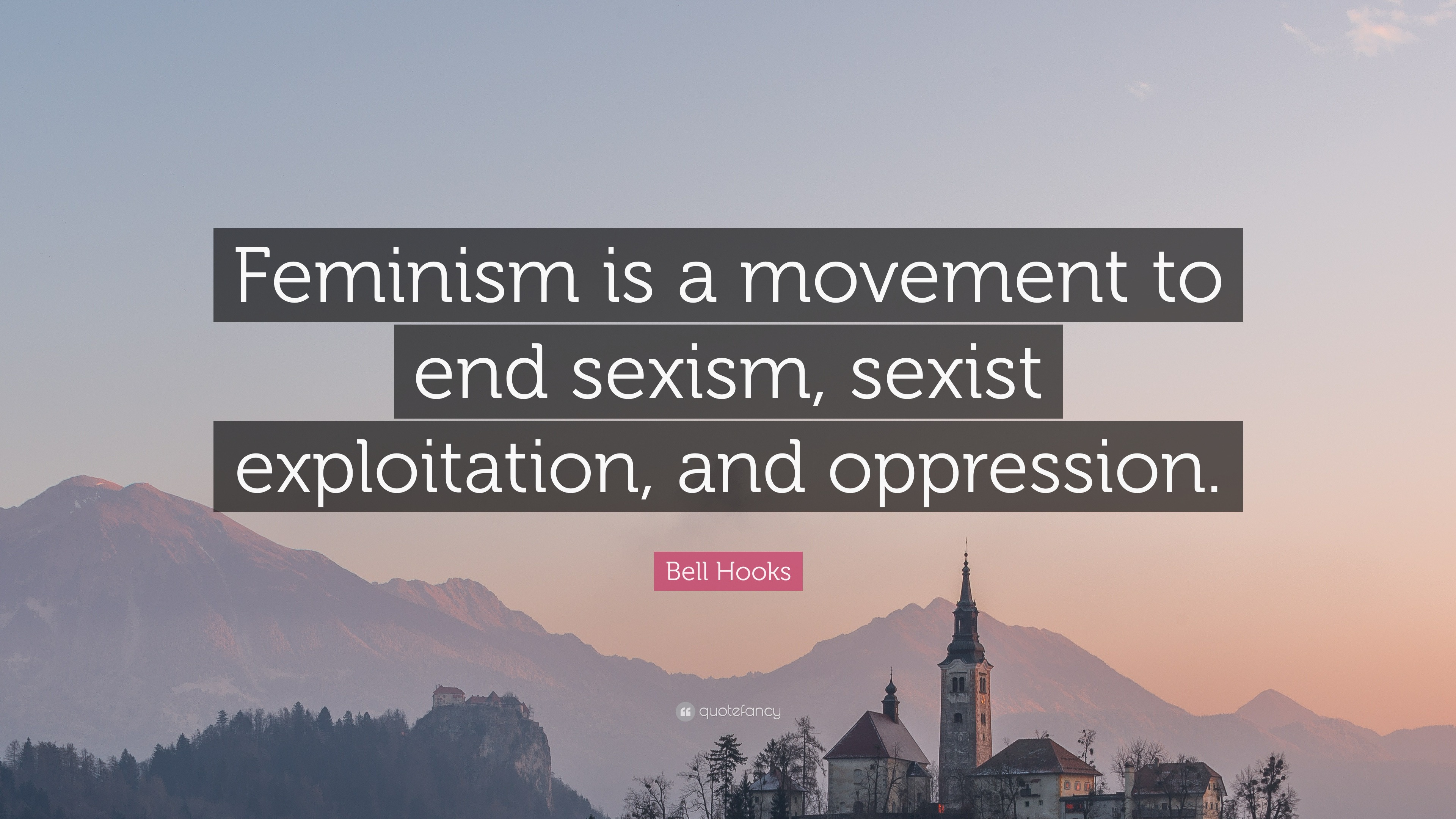
“I don’t come here as an intellectual who’s been estranged from her community,” hooks continued.

The audience hooted, applauded and stomped their feet.

“If we all had documents about our salaries and the money we make and what we do, we’d see exactly who comprises that ‘elite group of Black intellectuals.’” “I think that a lot of what we’re talking about when we discuss ‘elite Black intellectuals’ is a select group of Black men,” she said. Regina Austin, a law professor and one of the panelists, posed the question: “Do African American intellectuals have special responsibilities to address the crisis of the American inner cities? I take that as a foregone conclusion, yes.”įor hooks, next to speak, had something to say about that.

In the fall of 1993, a scholar and feminist who went by the pen name of bell hooks participated in a panel discussion at the Massachusetts Institute of Technology titled “The Responsibility of Intellectuals in the Age of Crack,” organized by Harvard theologian the Rev.


 0 kommentar(er)
0 kommentar(er)
